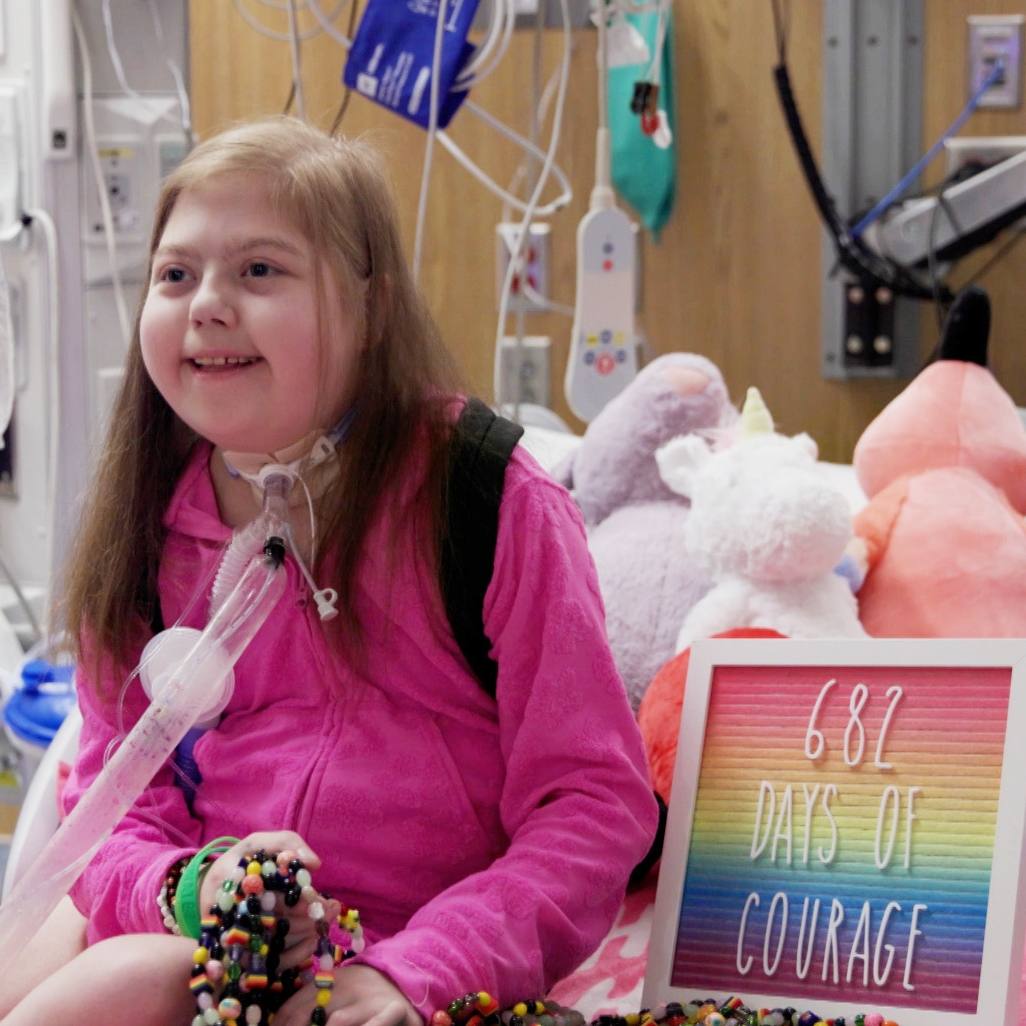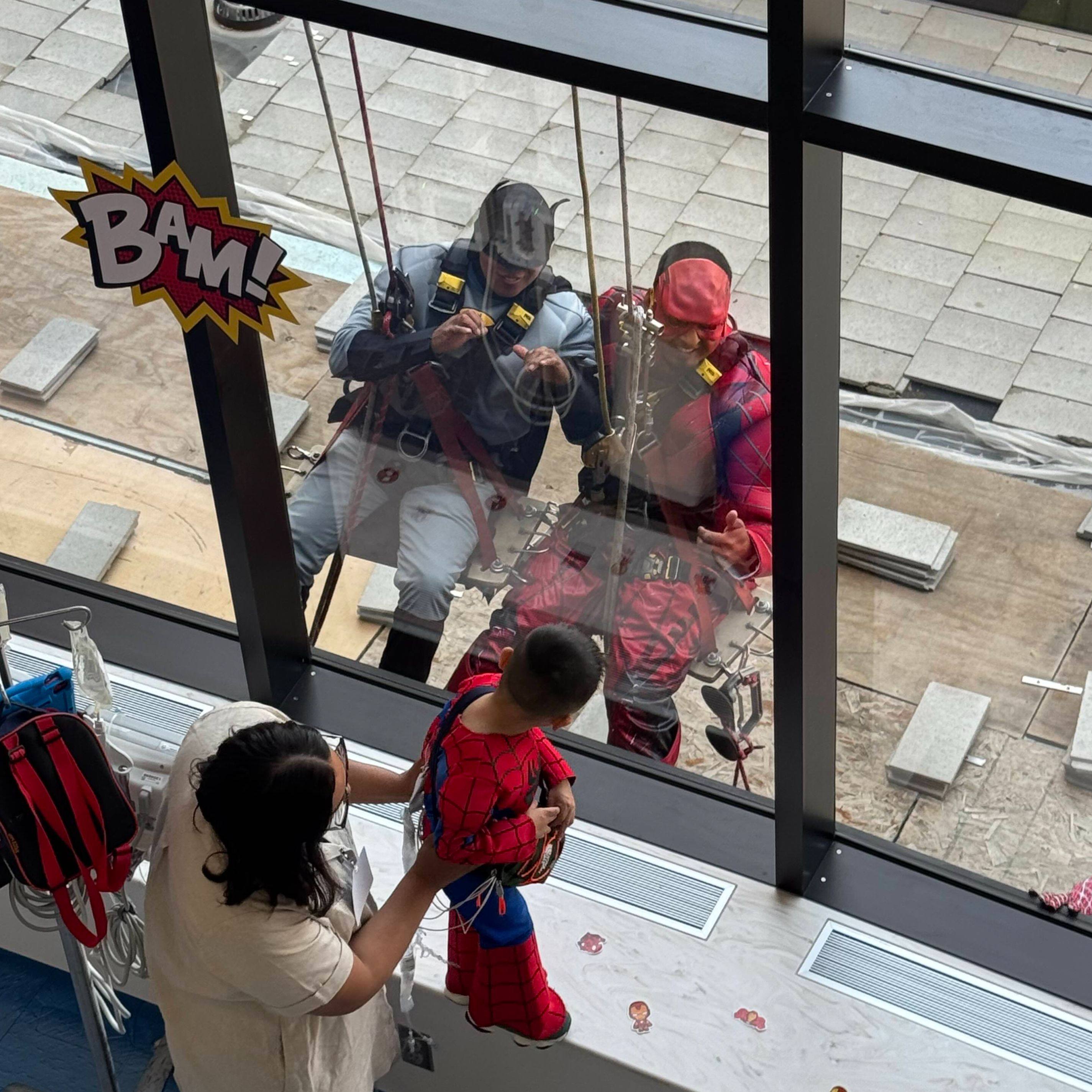-
COVID-19 and multisystem inflammatory syndrome in children

Learn the signs and symptoms of a rare, serious condition called multisystem inflammatory syndrome in children (MIS-C) that's linked to COVID-19, the new coronavirus disease.
________________________________________
Though children of all ages can become sick with coronavirus disease 2019 (COVID-19), most kids who are infected typically don't become as sick as adults do. Some children who have an active infection with the virus that causes COVID-19 might not show any signs or symptoms at all.
Still, you may have heard about a serious inflammatory syndrome in children, including some teenagers, that appears to be linked to COVID-19. It's called multisystem inflammatory syndrome in children (MIS-C). This syndrome is rare, and most children who have it eventually get better with medical care. But some kids rapidly get worse, to the point where their lives are at risk.
Much remains to be learned about this new and emerging inflammatory syndrome, and the cause is not known yet. But if your child shows any signs or symptoms, get help fast. Here's what you need to know.
What is multisystem inflammatory syndrome in children?
Multisystem inflammatory syndrome in children (MIS-C) is a serious condition in which some parts of the body — such as the heart, blood vessels, kidneys, digestive system, brain, skin or eyes — become inflamed. Inflammation typically includes swelling, often with redness and pain.
Many, but not all, children with MIS-C test negative for a current infection with the virus that causes COVID-19. Yet evidence indicates that many of these children were infected with the COVID-19 virus in the past, as shown by positive antibody test results.
An antibody test with a positive result means that the child's immune system developed blood proteins (antibodies) that fought the COVID-19 virus. Sometime this blood test is the only indication that the child was ever infected — meaning the child may have fought the infection without ever having shown signs or symptoms of COVID-19. Still, some children with MIS-C are currently infected with the virus, usually confirmed by detection of the virus on a swab taken from the back of the nose or throat.
MIS-C shares some of the same signs and symptoms as another condition called Kawasaki disease. Kawasaki disease mainly affects children under 5 years of age. It causes inflammation in the walls of blood vessels, particularly those that supply blood to the heart muscle (coronary arteries). Researchers are working to figure out if the two conditions are related or not.
What are the signs and symptoms of MIS-C?
Signs and symptoms of multisystem inflammatory syndrome in children include those below, though not all children have the same symptoms:
- Fever that lasts 24 hours or longer
- Vomiting
- Diarrhea
- Pain in the stomach
- Skin rash
- Red eyes
- Redness or swelling of the lips and tongue
- Feeling unusually tired
- Redness or swelling of the hands or feet
Emergency warning signs of MIS-C include:
- Inability to wake up or stay awake
- Difficulty breathing
- Chest pain or pressure that doesn't go away
- New confusion
- Bluish lips or face
- Severe stomach pain
What should you do if you think your child has MIS-C?
If your child shows any of the emergency warning signs listed above — or is severely sick with other signs and symptoms — get care immediately. Take your child to the nearest emergency department or call 911 or your local emergency number.
If your child isn't severely ill but shows other signs or symptoms of MIS-C, contact your child's doctor right away for advice. Doctors may want to do some tests — such as blood tests, or imaging tests of the chest, heart or abdomen — to check for areas of inflammation and other signs of MIS-C.
How is MIS-C treated?
Most children with MIS-C need to be treated in a hospital, and some will need treatment in a pediatric intensive care unit. Treatment usually involves different types of therapies that target the immune system and reduce inflammation. Depending on your child's symptoms and condition, he or she may receive anti-inflammatory drugs and other medications to reduce inflammation in the affected vital organs, such as the heart or kidneys, and protect them from permanent damage.
MIS-C is not contagious, but there's a chance that your child could have an active infection with the COVID-19 virus or another type of contagious infection. So the hospital will use infection control measures while caring for your child.
How to help prevent your child from getting MIS-C
The best way to help prevent your child from getting MIS-C is to take action to avoid exposure to the COVID-19 virus and teach your child how to do the same. Follow the guidelines of the U.S. Centers for Disease Control and Prevention:
- Keep hands clean. Wash hands often with soap and water for at least 20 seconds. If soap and water aren't available, use a hand sanitizer that contains at least 60% alcohol.
- Avoid people who are sick. In particular, avoid people who are coughing, sneezing or showing other signs and symptoms that indicate they might be sick and contagious.
- Practice social distancing. This means that you and your child should stay at least 6 feet (2 meters) from other people when outside of your home.
- Wear cloth face masks in public settings. When it's difficult to practice social distancing, both you and your child — if he or she is age 2 years or older — should wear face masks that cover the nose and mouth.
- Clean and disinfect high-touch surfaces every day. This includes areas of your home such as doorknobs, light switches, remotes, handles, countertops, tables, chairs, desks, keyboards, faucets, sinks and toilets.
- Wash clothing and other items as needed. Follow manufacturers' instructions, using the warmest appropriate water setting on your washing machine.Remember to include washable plush toys.
You can be assured that experts continue to collect and analyze data about MIS-C to learn more about this complex condition and its possible causes, and to improve diagnosis, treatment and outcomes for children.
This article is written by Mayo Clinic Staff. Find more health and medical information on mayoclinic.org.
Information in this post was accurate at the time of its posting. Due to the fluid nature of the COVID-19 pandemic, scientific understanding along with guidelines and recommendations may have changed since the original publication date.
Check the Centers for Disease Control and Prevention website for additional updates on COVID-19. For more information and all your COVID-19 coverage, go to the Mayo Clinic News Network and mayoclinic.org.







